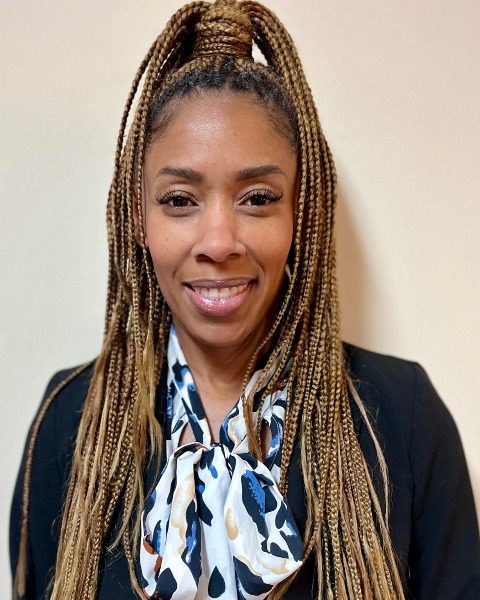E-Poster
Child Welfare
Creating a Diverse Child Welfare Workforce: Preparing Future Practitioners Through an Environmental Justice Lens
Friday, October 25, 2024
4:45 PM - 5:15 PM CT
Location: KC Convention Center, Poster 3B

Crystal Campbell, LCSW
BSW Field Education Coordinator and CWEC Coordinator
NC State University School of Social Work
Raleigh, NC, United States
Presenter(s)
Despite calls for environmentally just child welfare education, practical strategies and their effectiveness remain unclear. Disproportionate rates of minority children in foster care suggest existing approaches might fall short. This presentation explores key components for educators to develop impactful practice strategies, promoting a diverse and efficient child welfare workforce.
Learning Objectives:
- Upon completion, the participant will be able to define and then assess the gap between taught environmentally just practices and their actual implementation by new child welfare professionals.
- Upon completion, the participant will gain tangible, ready-to-implement strategies to address current disparities and build a more diverse and equitable child welfare workforce.
- Upon completion, the participant will be able to ready to implement strategies for introducing environmentally just approaches into their classrooms and accountability measures can be used after entering the workforce.

.png)